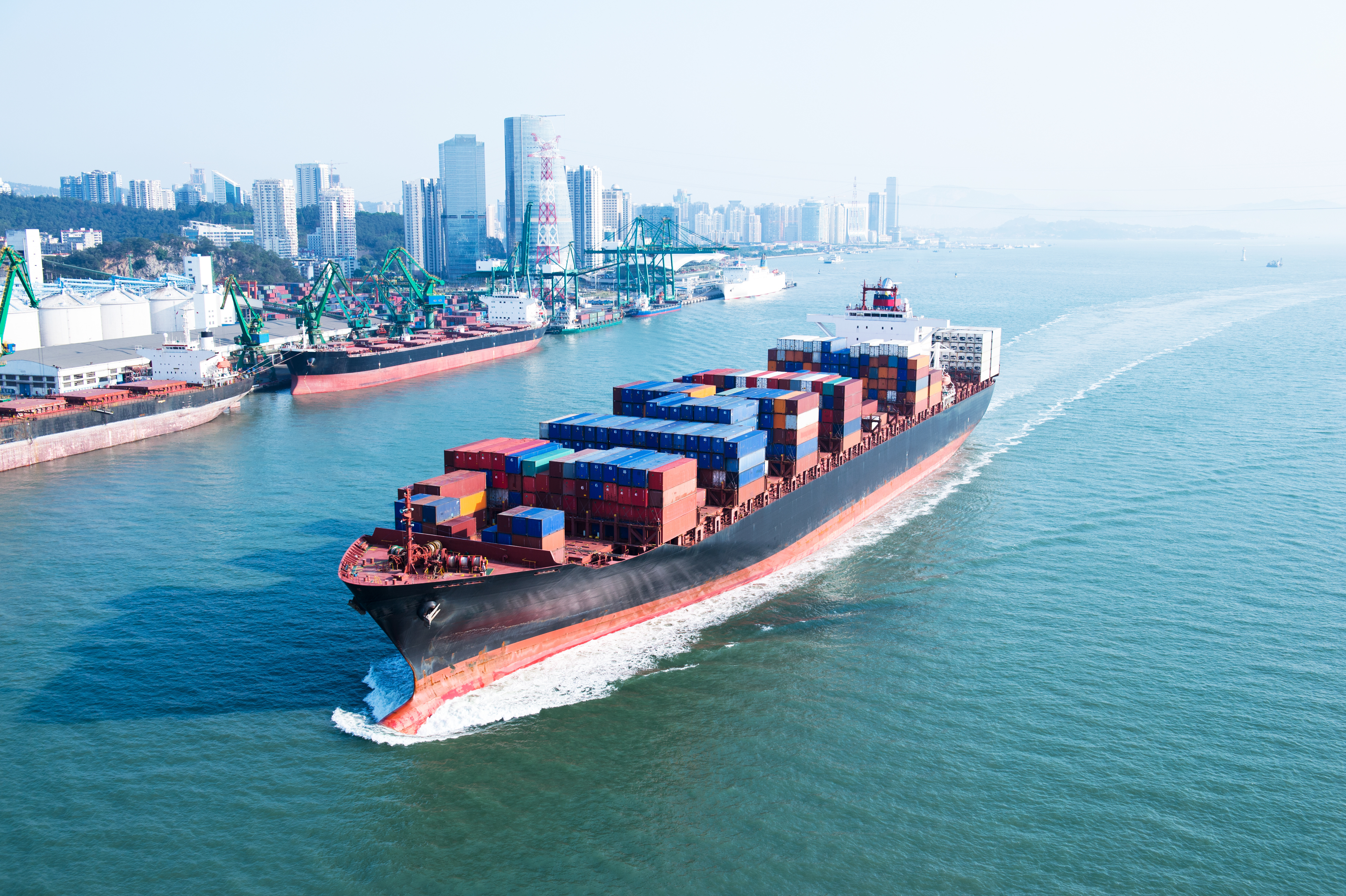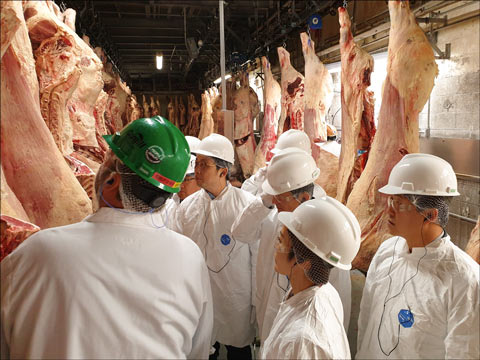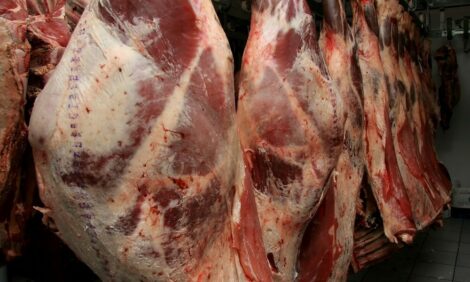



Brazil’s beef shipments to China after embargo were blocked on arrival
Shipments of Brazilian beef have been stopped from entering China due to an embargo in place since two cases of mad cow disease were reported in the South American nation in early September.

Reuters reports that the ban is frustrating exporters who had hoped shipments certified before the embargo would be free to pass.
Industry sources and analysts told Reuters the continuing embargo, which came into place on 4 September, risks forcing shipments that are already arriving in China to be redirected to markets such as Iran and Vietnam.
The shipments are arriving at Chinese ports despite the embargo partly because exporters had expected it to only last about 15 days, the time a similar suspension lasted in 2019. But this embargo has lasted longer - now over 50 days.
The suspension mechanism is part of an animal health pact agreed between China and Brazil and is designed to allow Beijing time to take stock of the problem. It is up to China to decide when to begin importing again.
The suspension is a major blow for Brazilian farmers and meatpackers with China and Hong Kong buying more than half of Brazil’s beef exports.

The cases were identified in meat plants in the states of Mato Grosso and Minas Gerais. Brazil’s Agriculture Ministry has described them as “atypical” mad cow disease, which develops spontaneously and is not related to eating contaminated foods.
“Some of my shipments were produced in August, certified before the embargo, but left after 4 September, and when they arrived the importer said they could not be cleared,” one exporter told Reuters on condition of anonymity.
The source said they had sent 22 containers under these conditions of having been certified before the embargo. A second industry source confirmed that shipments were being blocked from entering on arrival in China.
For Minerva Foods, South America’s largest exporter of beef, the longer delay in lifting the suspensions goes beyond just the sanitary issues and is related to political tensions as well as higher meat stocks in China, CFO Edison Ticle said at an event on 27 October.
Read more about this story here.
Source: Reuters


